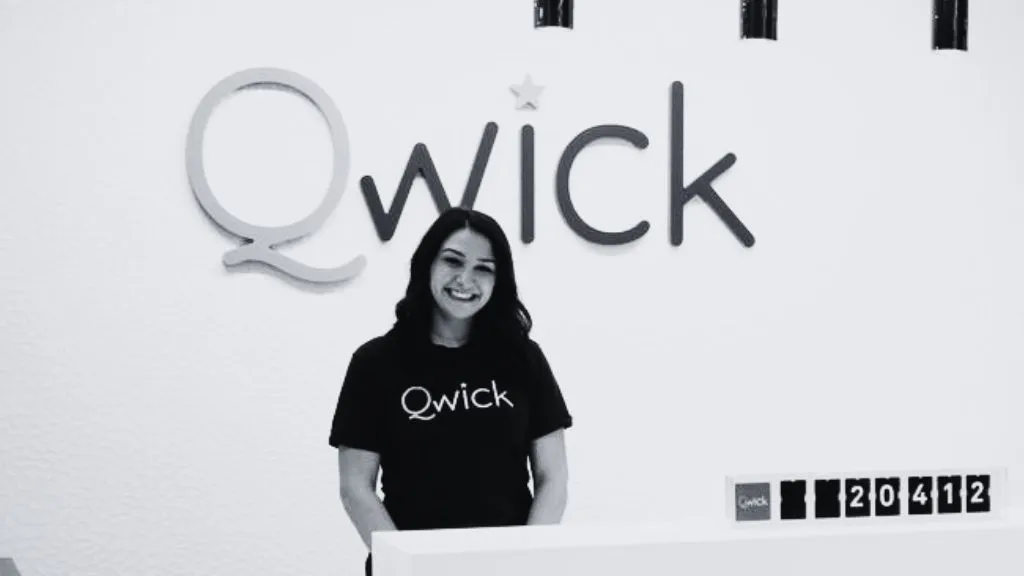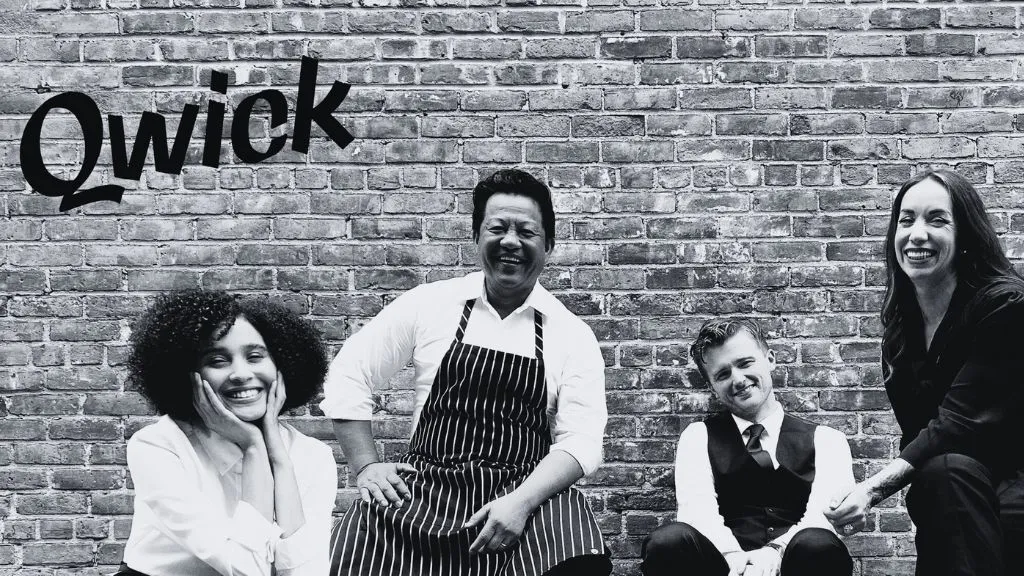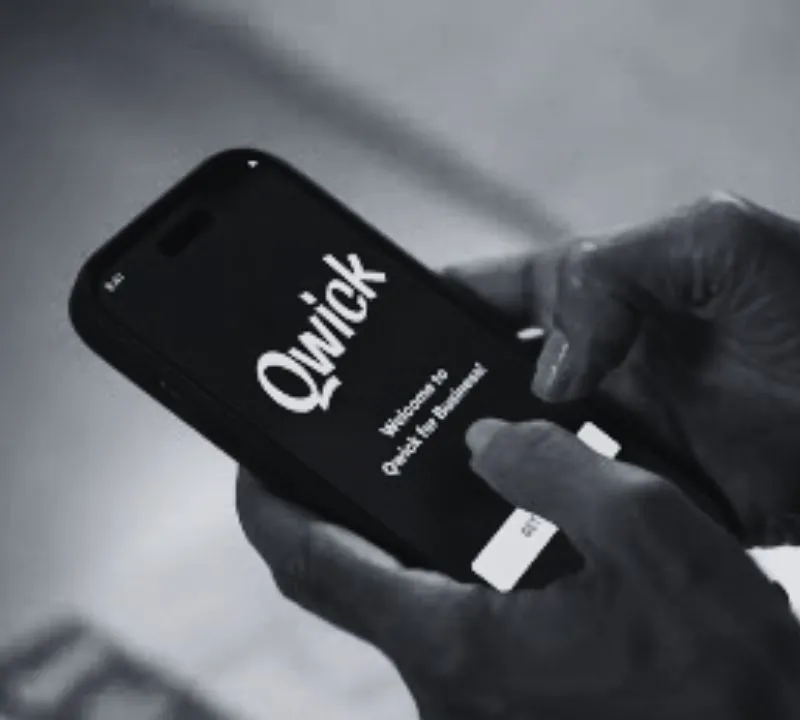If you’ve been keeping an eye on the news, you might’ve come across the term ‘Qwick Settlement’. But what is it, and why is it important? It’s about a lawsuit involving Qwick Inc., a popular company that connects gig workers with jobs. This case matters because it could change how the gig economy works, especially in the hospitality industry. Let’s know about it in detail.
Qwick Inc. Background
Qwick Inc. is a notable player in the rapidly growing gig economy. This company operates in the hospitality sector, connecting businesses with independent contractors or gig workers. The gig economy has been a hot topic of discussion in recent years. It’s a sector where temporary, flexible jobs are commonplace and where businesses hire independent contractors and freelancers instead of full-time employees.
While the gig economy offers flexibility, it has also been criticized for often leaving workers without the benefits and protections usually afforded to full-time employees. This is where Qwick Inc. comes into the picture, and the main issue at hand—worker misclassification.
Misclassification Of Workers
The central issue in the Qwick Settlement revolves around the classification of workers. Qwick Inc. has been accused of misclassifying its hospitality workers as independent contractors when they should have been classified as employees.
Why does this matter? Well, the classification of a worker affects their rights and benefits. Employees are typically entitled to benefits like overtime pay, paid sick leave, healthcare benefits, and more. Independent contractors, on the other hand, often have to fend for themselves when it comes to these benefits. By misclassifying workers, Qwick Inc. is accused of denying workers these critical protections and benefits.
The Lawsuit Against Qwick
In September 2023, San Francisco City Attorney David Chiu filed a lawsuit against Qwick Inc. The suit accused the company of misclassifying its hospitality workers as independent contractors instead of employees. This, according to Attorney Chiu, denied them the employment protections and benefits they should have been entitled to.

This lawsuit has made headlines not just because of the company involved but also due to its potential implications. It’s one of the first major legal actions against a gig economy company for worker misclassification. And the outcome could set a precedent for similar cases in the future.
Settlement Agreement Terms
After months of legal proceedings, Qwick Inc. reached a settlement. As part of this agreement, Qwick Inc. conceded to pay a total of $2.1 million. But that’s not all. A significant part of the settlement also included a change in the workers’ classification, a move that would affect a large number of hospitality workers in California.
Financial Restitution & Penalties
The financial restitution and penalties under the settlement were broken down into three main parts. A substantial $1.5 million was set aside as restitution for the hospitality workers who worked for Qwick Inc. between 2019 and 2024. This was an attempt to compensate for the benefits they should have received as employees.
Additionally, Qwick Inc. agreed to establish a bank of accrued sick leave hours amounting to nearly $350,000. This would be available for workers who decided to continue their roles as employees. The remaining $250,000 was assigned as civil penalties payable to the City of San Francisco. This was a clear indication of the city’s firm stand against worker misclassification.
Reclassification Of Workers
One of the most significant aspects of the settlement was the reclassification of workers. Starting July 1, 2024, all of Qwick’s California hospitality workers would no longer be classified as independent contractors. Instead, they would be considered W-2 employees. This change meant a lot more than just a title difference.
Other Settlements:
As W-2 employees, the workers would now be entitled to full employee benefits and protections. These would include essentials like overtime pay, paid sick leave, healthcare expenditures, and even paid family leave. Such a transformation would drastically change their working conditions and provide them with a safety net that was previously missing.
With this settlement, Qwick Inc. stepped up to rectify its past missteps. It not only acknowledged the misclassification of its workers but also took concrete steps to remedy the situation. This was a nod to the increasing scrutiny of the gig economy and a step toward fair treatment of workers in the sector.
Compliance & Monitoring Measures
Settlements are not just about the agreement itself, but also about ensuring that the agreed terms are met. In the case of Qwick, the City Attorney’s Office took this responsibility. They will oversee Qwick’s compliance with the terms of the agreement until August 1, 2026[4]. This means the City Attorney’s Office will be monitoring how Qwick treats its hospitality workers, ensuring they receive the benefits and protections they are entitled to as W-2 employees.

This oversight is crucial. It ensures that the rights of the workers are protected and that Qwick is held accountable for its actions. It also sends a strong message to other gig economy companies – that misclassification of workers will not be tolerated and that they too could face similar legal and financial consequences.
Legal Significance & Precedent Set By The Settlement
The Qwick settlement is not just a landmark for the company and its workers, but it also holds broader significance for the gig economy and the hospitality industry at large. This settlement marks the first permanent public injunction in California requiring a gig economy staffing company to reclassify its workers[1][3][4]. In other words, it’s the first time a court has ordered such a company to permanently change the status of its workers from independent contractors to employees.
As a first of its kind, this settlement sets a precedent. It provides a legal example for future cases involving misclassification of workers in the gig economy. Other companies who are not treating their gig workers fairly could face similar lawsuits and be required to make similar changes. This means the Qwick settlement is not just a victory for Qwick workers, but potentially for gig economy workers across California, and perhaps even further afield.
Conclusion
The Qwick settlement sends a strong message to the gig economy. It says that worker misclassification is a serious issue that can lead to significant legal and financial consequences. The settlement also shows that gig economy workers are entitled to the same rights and protections as traditional employees, challenging the notion that these workers can be treated as disposable or second-class.
For gig economy workers, the Qwick settlement is a positive step forward. It offers hope that they too can enjoy the benefits and protections of being an employee rather than an independent contractor. For companies in the gig economy, it’s a wake-up call. They must ensure they are classifying their workers correctly and treating them fairly, or they could be the next ones in court.
In a broader sense, the Qwick settlement contributes to the ongoing conversation about the future of work. It challenges old notions of employment and pushes for a more equitable and fair gig economy. It’s a step in the right direction, but there’s still a long way to go. Let’s hope more companies follow Qwick’s lead, and let’s continue to push for fairness and equity in the gig economy.


